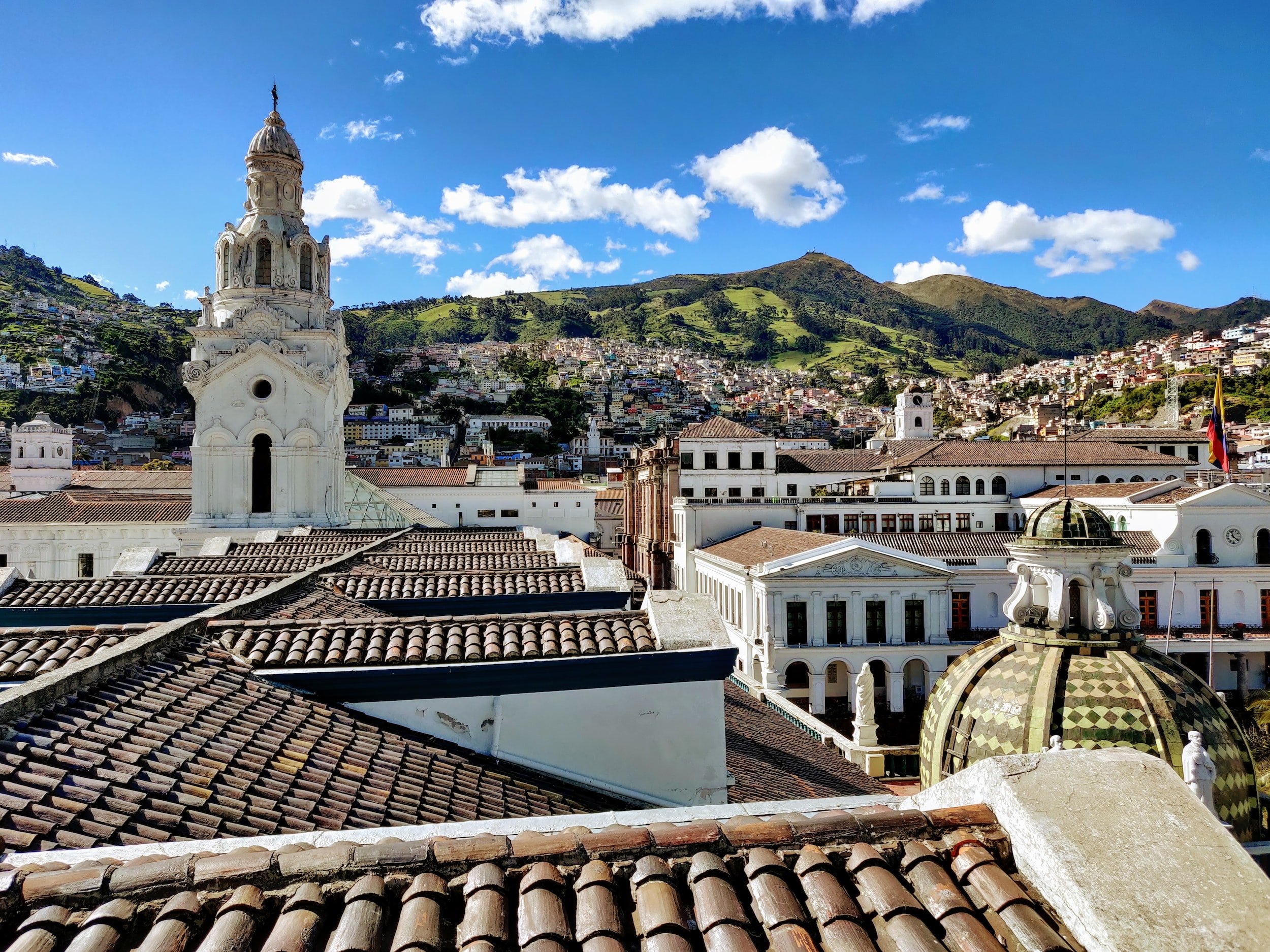With East Asia reopened for tourism, the COVID-19 travel insanity is well and truly over, and there are going to be millions of digital nomads looking to hit the road to more exotic climes.
But in almost all countries, living and working on a tourist visa is illegal. To attract these digital nomads, who average around 3 months of time in a country, many nations are now specifically issuing “Digital Nomad Visas”.
A digital nomad is someone who works remotely while traveling. Many of them rent short-term in countries like Mexico and Thailand while exploring on the weekends.
Well-established digital nomad hubs like Mexico, Colombia, Thailand, Dubai, and Portugal have welcomed these unique professionals for over a decade. Taking a page out of their books, dozens of other countries, including 17 of the 44 European countries, are looking to provide special accommodation for digital nomads.
Just which countries are doing this is not always easy to guess, and it’s worth looking at some of the other options out there.

Beyond Europe
In Europe, the nations of Andorra, Montenegro, Estonia, North Macedonia, Georgia, Norway, Germany, Greece, Romania, Hungary, Iceland, Italy, Spain, Croatia, Latvia, Czechia, Malta, and Cyprus all offer Digital Nomad Visas or are currently implementing them.
If these developed nations are too expensive, let’s take a look at the rest of the world.

The Caribbean
It might not be a surprise that economies heavily invested in tourism, such as the small islands in the Caribbean, might offer a Digital Nomad Visa, but 9 Caribbean islands offer Digital Nomad Visas.
These include Anguilla, Antigua and Barbuda, Aruba, Bahamas, Barbados, Bermuda, the Cayman Islands, Dominica, and Saint Lucia.
Additionally, the Central American nations of Belize, Costa Rica, and Panama, offer Digital Nomad Visas as well, making the region the second-most flexible area for digital nomads.
Ecuador
Maybe not so surprising, given that people have been exploring cities like Quito as a digital nomad hub for years, but maybe what is surprising, given the requirements of Digital Nomad Visas in other hotspots like Taiwan is how little your monthly income needs to be to apply.
Officially referred to as the Rentista for Remote Work Visa, Ecuador’s Digital Nomad Visa allows remote workers to live in the country for up to two years provided they have a clean criminal record, health insurance, and make more than $1,350 per month. They can also bring their families and other dependents with them.

South and East Asia (to the downside)
Most digital nomads will probably not be able to afford the visa requirements for Taiwan or Indonesia. The latter sent the digital nomad community into joy jitters when they announced in 2021 they were preparing a Digital Nomad Visa for Bali, but when the details released last year excluded the overwhelming majority of prospective nomads.
Called the “Second Home Visa,” it required the holder to have around $140,000 liquid, some of which to buy a home on Bali, and some to park in an Indonesian bank.
Taiwan’s Digital Nomad Visa, technically called the “Gold Card” and not limited to digital nomads, requires a more modest, yet still upper-middle-class monthly salary of around $5,600. Furthermore, applicants must work in one of 8 fields: science and technology, economics, education, culture and art, sports, finance, law, and architecture. Blogging and writing are noteworthy absentees.
Further south, we’re still waiting for the yet-to-be-unveiled Digital Nomad Visa for Sri Lanka, which could be very attractive for nomads given the low cost-of-living, and the multitude of activities and cultures to enjoy. The country is in a terrible place financially, and outside economic influx, such as a digital nomad shopping in town, would be of real help to the Sri Lankan Central Bank, which last year lost nearly its entire foreign currency reserve during an economic crisis.
Namibia
One of the most unique countries in Africa, last October Namibia released a Digital Nomad Visa with relatively straightforward requirements for those looking to stay 6 months in the English-speaking country.
Applicants will need $2,000 in monthly income, health insurance, and a clean criminal record. The entire visa application process is done online. You’ll receive an answer of approval via email.
More and more countries will be no doubt opening their countries more to digital nomads, who in America are projected to reach a third of the total remote workforce by 2024. WaL
PICTURED ABOVE: Quito, Ecuador, one of the countries with the most accessible Digital Nomad Visa in the world.
If you think the stories you’ve just read were worth a few dollars, consider donating here to our modest $500-a-year administration costs.




